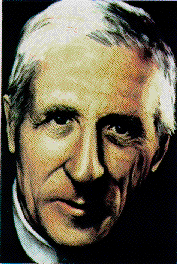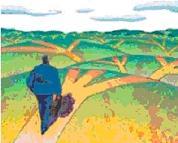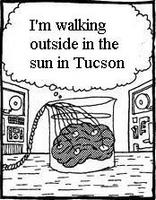
Mind Shadows Home Tielhard de Chardin, Noogenesis, No-Self, & Implications For An Intelligent Universe
A Jesuit priest born the year before Darwin's death, Pierre Tielhard de Chardin sought the Vatican's approval for his manuscripts, but never got it. His superiors continually denied permission for their release, believing that his theories would not accord with Church doctrine. Published posthumously in 1955 as The Phenomenon of Man, the book assembles his ideas and is based on his work as both a philosopher and paleontologist. His ideas matured in the 1940s while he was in China studying the fossil remains of Peking Man.



